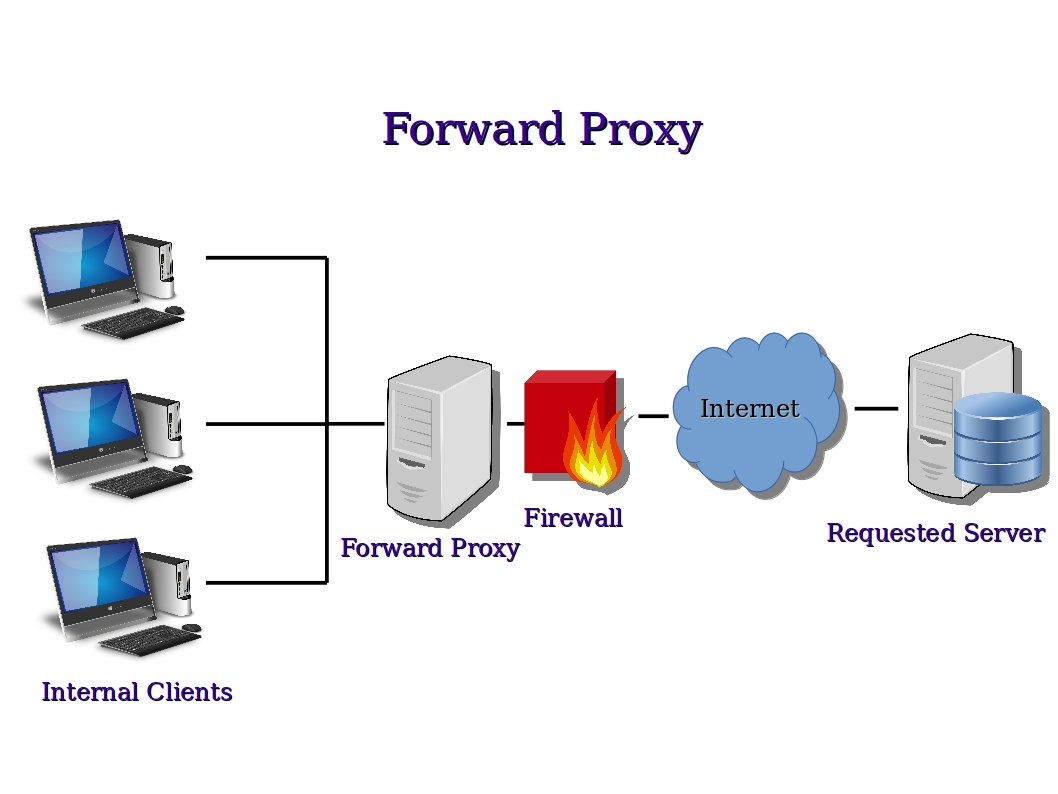In an age where digital footprints are readily traced and online privacy is growing increasingly scarce, many users are turning to proxy servers as a method of keeping anonymity. These intermediary servers act as a bridge between you and the internet, helping to hide your IP address and enhance your online privacy. Grasping what a proxy server is and how it works is essential for anyone seeking to navigate the web with a level of protection.
While there are multiple tools available for enhancing online security, proxy servers offer distinct advantages that can complement other solutions like VPNs. As we delve into the art of staying anonymous online, we will examine the multifaceted benefits of using proxy servers—from safeguarding your identity and avoiding IP bans to improving your online gaming experience. Whether you are a company looking to protect your network or an individual aiming to overcome geo-restrictions and access streaming content, this guide will provide you with the insight to make informed choices about employing proxy servers efficiently.
Grasping The Role of Proxy Servers
Proxies act as intermediaries between a user's device and the internet. When a user submits a query for resources online, the query first is directed to the proxy server. The proxy then passes this request to the intended web server, acquires the information, and delivers it back to the user's device. This procedure effectively masks the user's true IP address, providing a layer of anonymity and rendering it more difficult for websites to track user activity.
One of the primary purposes of a proxy is to boost online privacy and security. By obscuring the user's IP address, proxies help protect personal data from possible hackers and snoopers. Additionally, certain types of proxies can screen content, restrict unwanted ads, and enhance the browsing experience by caching frequently accessed web pages, which can cause quicker loading times.
Different types of proxy servers, such as HyperText Transfer Protocol, Socket Secure, and transparent proxies, serve various uses. HTTP servers are often utilized for web browsing, while SOCKS servers can get various types of traffic, including P2P connections. Transparent servers do not modify requests or responses, making them appropriate for organizations that want to monitor employee internet usage without disrupting the browsing experience. Comprehending these functionalities is crucial for users looking to enhance their online anonymity and security.

Proxy Servers: An Analysis of Differences
When comparing proxy servers and proxy servers, it is essential to grasp their primary functions and how they differ in protecting online privacy. A VPN acts as an intermediary between a user and the internet, routing queries and returning results while hiding the user's IP address. However, it does not encrypt internet traffic, meaning data can still be intercepted during transmission. In contrast, a VPN establishes a protected and safe tunnel between the device and the VPN server, providing a greater extent of privacy and protection against eavesdropping.
The choice between using a VPN and a VPN often is based on the user's specific needs. If the primary goal is to bypass geographic restrictions or improve browsing speed without worry for security, a VPN may be sufficient. Conversely, for individuals or businesses prioritizing security, especially while accessing sensitive data or using public Wi-Fi, a VPN is the better option. omeka.net/ added encryption offered by a VPN protects minimal information from potential dangers, making it a superior option for safeguarding personal information.
While both VPNs and VPNs can enhance online anonymity, they serve distinct roles in the realm of internet privacy and confidentiality. Users looking for flexible protection, especially in high-risk scenarios, should consider a VPN. On the other hand, those who merely want to access restricted content without deep anonymity requirements might consider VPNs adequate. Ultimately, understanding the distinctions and roles of these options is crucial for making an informed decision about online privacy.
Advantages and Drawbacks of Utilizing Proxy Servers
Using proxy servers offers countless advantages, particularly for boosting internet privacy and security. By functioning as middlemen between customers and the web, proxy servers mask the user's IP address, rendering it challenging for sites and hackers to track their internet activities. This added layer of anonymity not only safeguards private information but also assists in circumventing geographical restrictions on content. Additionally, proxies can block malicious content and enhance browsing speed by storing popular websites.
On the other hand, there are dangers involved with proxy servers, especially when utilizing free services. Many free proxies may not have adequate security measures in place, potentially putting users to data breaches or monitoring by third parties. Furthermore, these servers can be inconsistent, leading to inconsistent access and slower internet speeds. It's crucial to select reputable providers to mitigate these risks and ensure optimal functionality.
Finally, while proxy servers can be useful for accessing geo-restricted content, they come with potential repercussions. Some streaming services actively identify and restrict proxy connections, which can result in service outages. Additionally, relying solely on proxies for protection may create a misleading sense of security; users should supplement proxy use with other safety practices, such as robust passwords and updated antivirus software, for comprehensive cybersecurity.
